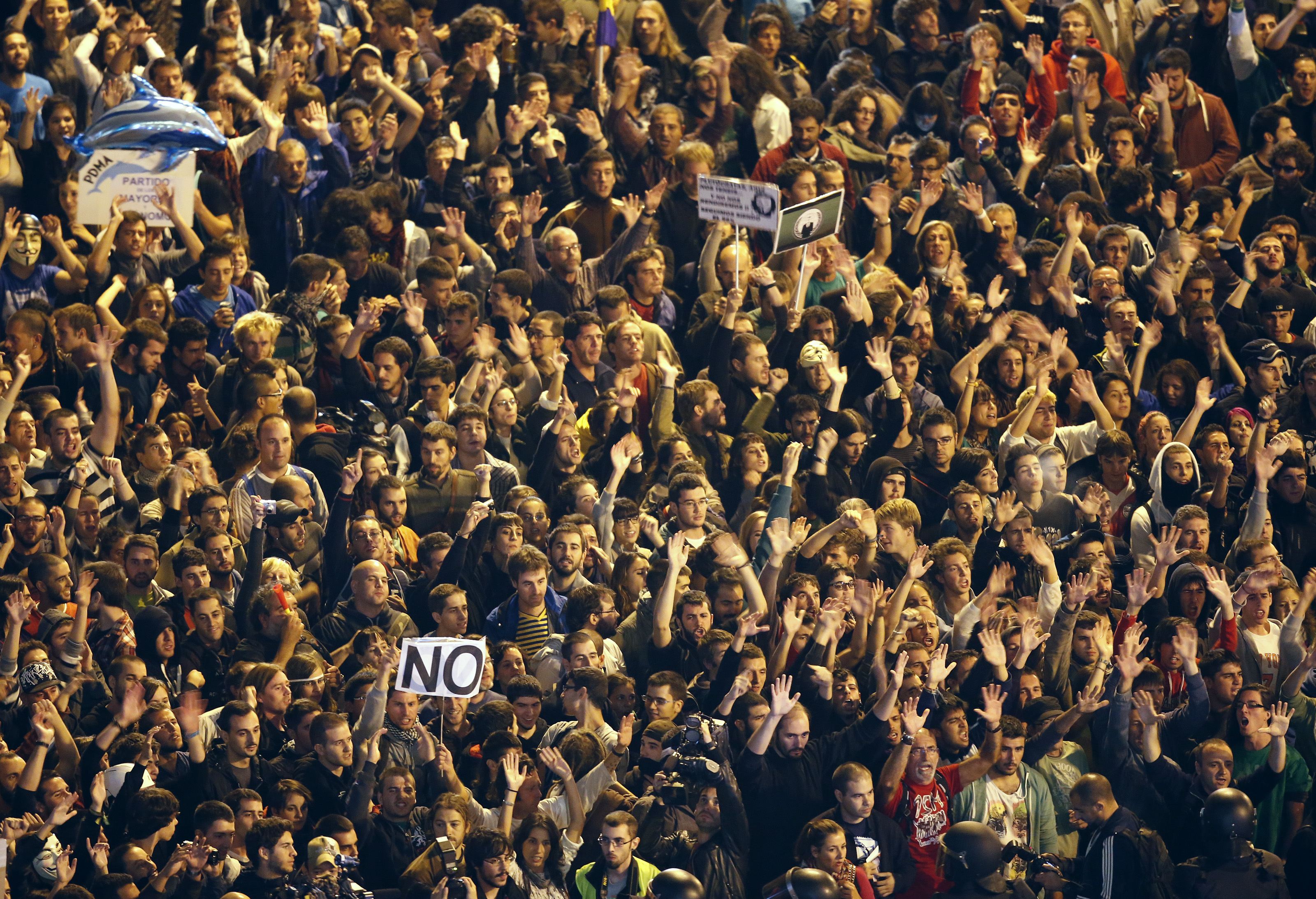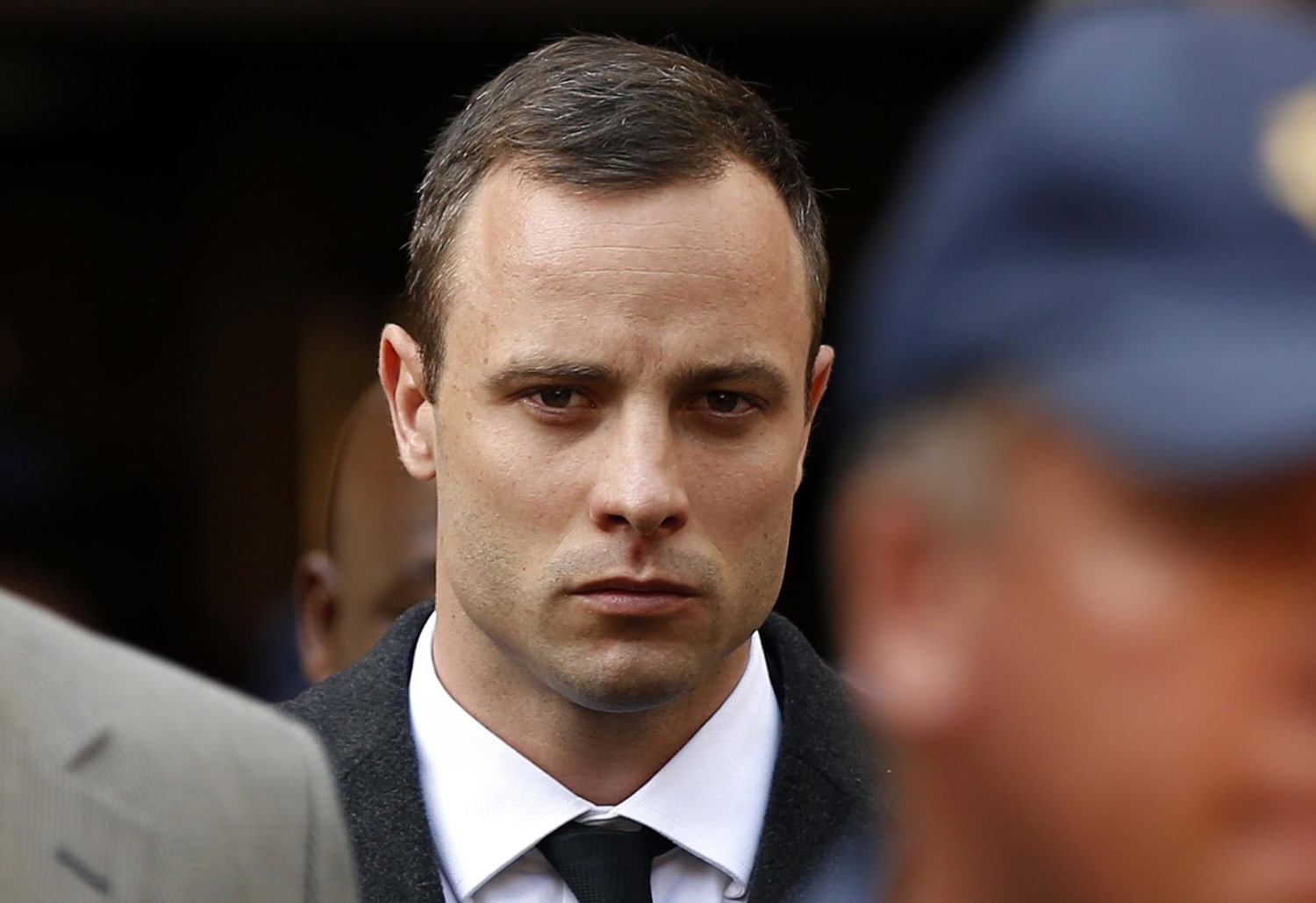"Where did all the money go?"
The article is about the economic crisis in the world, with mainly focus in the world. The global free market consumer economy in the United States and the United Kingdom has been in big trouble recently. Many years of big economic growth has suddenly been replaced by a gigantic economic downfall. There are a lot more unemployed people, and fewer people to pay the taxes that the government needs.
Some people even speak of the beginning of a new Great Depression. Considering this: Poverty has increased. Consumers are nervous. There is less production, less trade and less investment... and so on, in a long downward spiral.
A lot of people are blaming the things that Margaret Thatcher and Ronald Reagan did when they were prime ministers in the US. and UK. in the 1980s. They were firm believers in the free market. They meant that many of the government regulations that had been put in place after the Great Depression and after the Second World War were standing in way of economic growth, so they started an era of deregulation. This lead to that some people got very rich, and less successful people struggled.
The 21.century: Banks and financial investment houses on Wall Street started to make money by "leveraging" it (using them to borrow money to make a big profit). By 2007 financial actors all over the world had invested hundreds of billions - perhaps trillions - of dollars in American mortgages.
Sources: http://access-socialstudies.cappelendamm.no/binfil/download.php?did=68773 (13.01.15)
Page 169 in Access (13.01.15)










